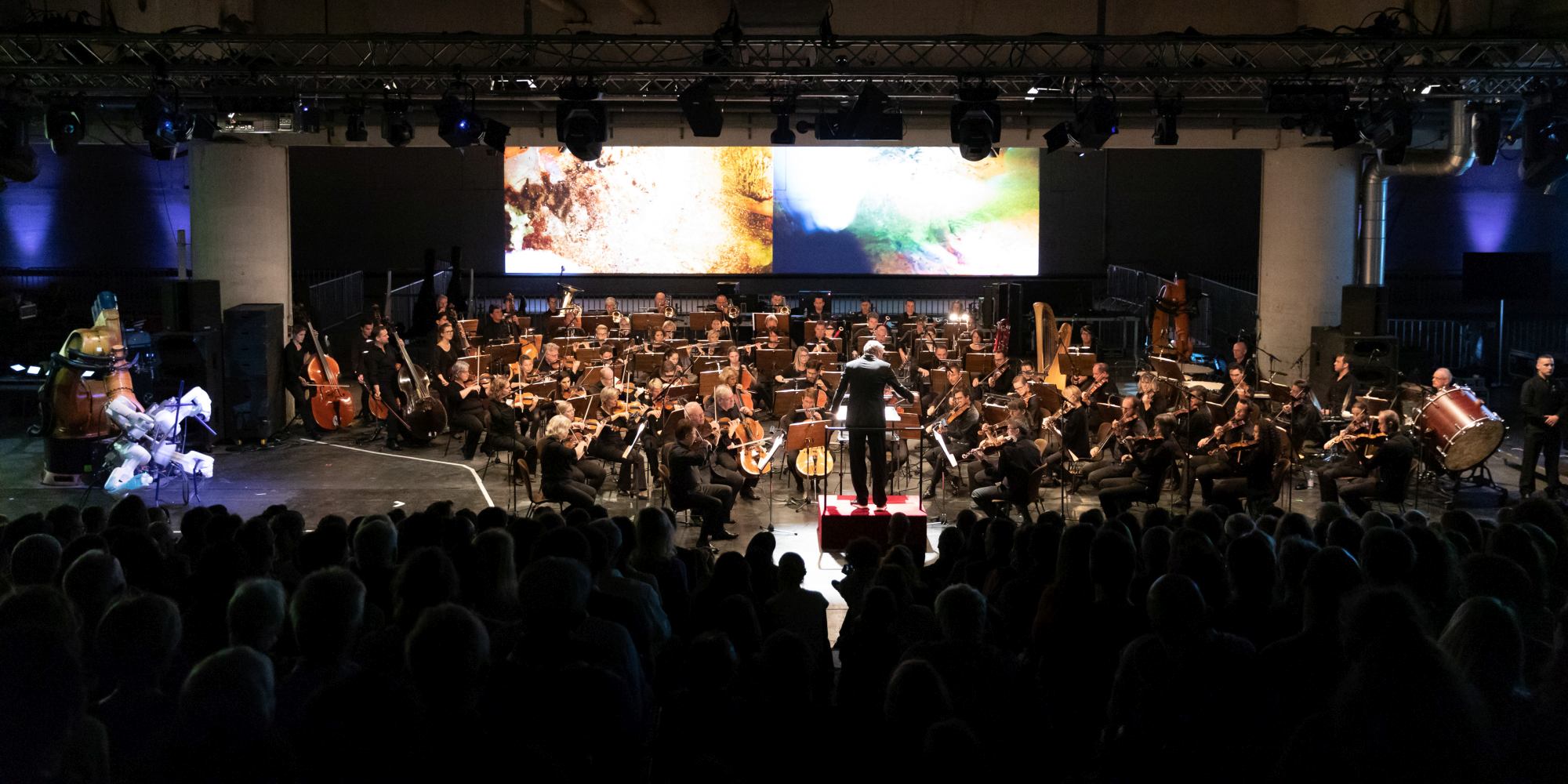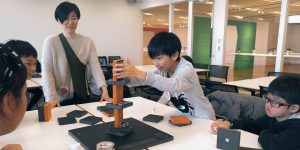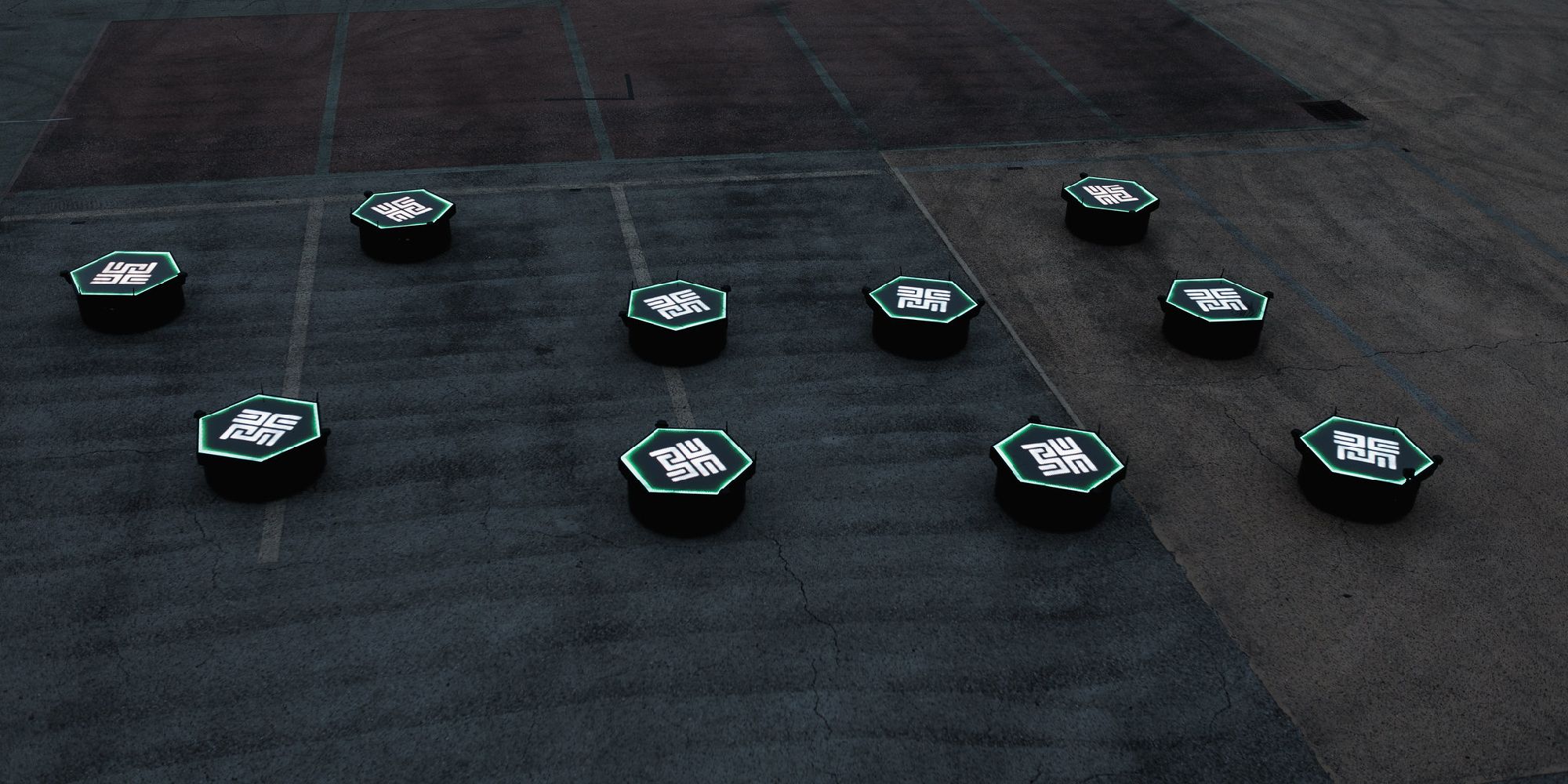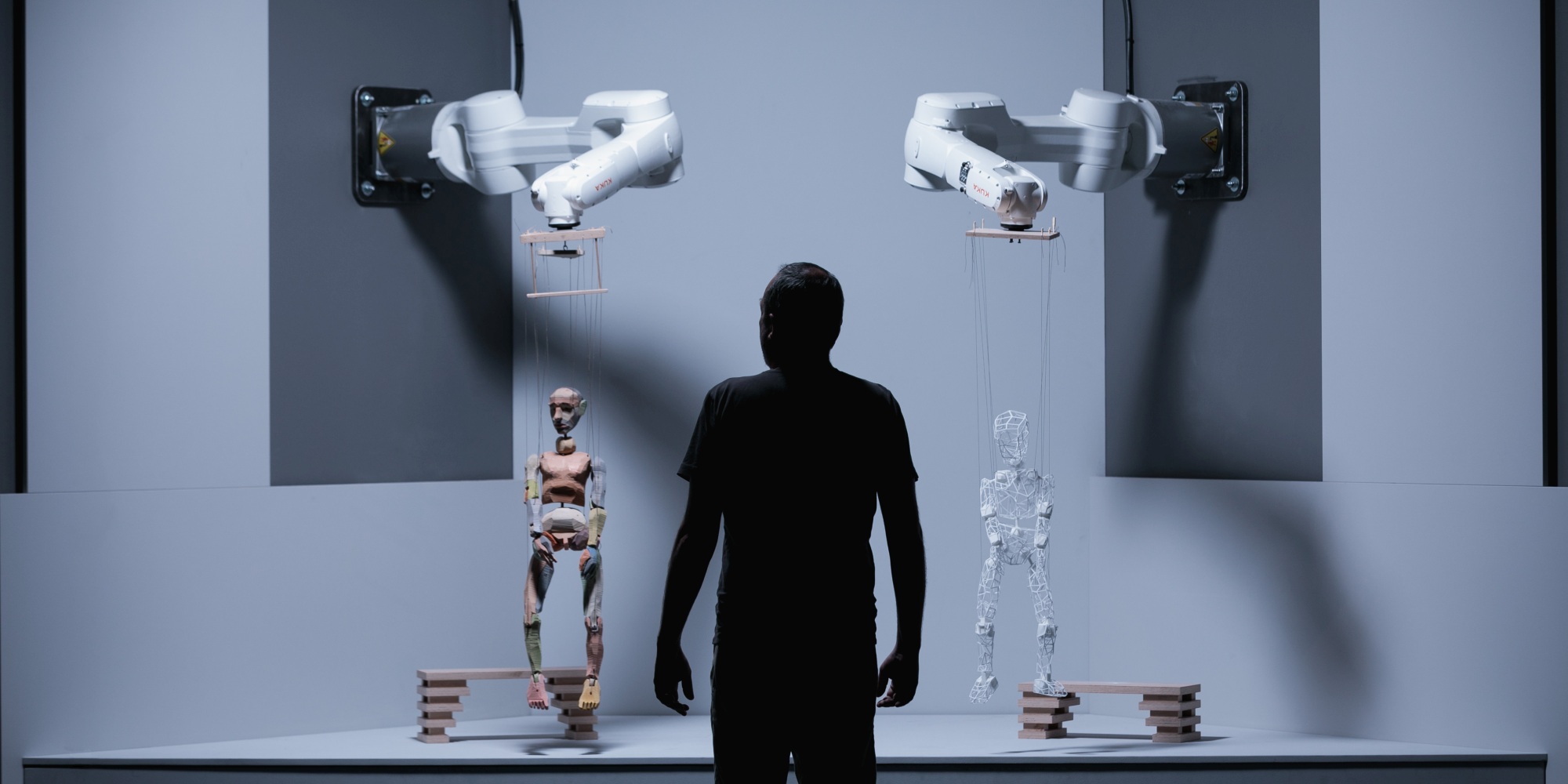
Projects
Projects
-

Mahler-Unfinished
Music made by man and machine: For the Big Concert Night at the 2019 Ars Electronica Festival, Ali Nikrang, Key Researcher at the Ars Electronica Futurelab, added to Gustav Mahler’s unfinished Tenth Symphony – together with an artificially intelligent algorithm.
-

Swarm Arena @Miraikan
In the beginning, there was a shared research interest: How can swarm-based technology be embedded in everyday media use and what new possibilities of communication or artistic expression does it offer as a visual medium? The Japanese telecommunications company NTT and the Ars Electronica Futurelab have been investigating these questions since 2017 and have repeatedly…
-

Rotax MAX Dome
In collaboration with BRP Rotax, the Ars Electronica Futurelab created an experience of the latest technologies in the field of digital gaming worlds and analog machine technology. In the Rotax MAX Dome, opened in 2019, visitors can test the engine manufacturer’s new e-karts on a sophisticated racetrack, race through virtual worlds and experience specially developed…
-

Jobs of the future in an automated mobility environment
What does our road traffic look like when automation becomes reality? How does a traffic policewoman work in a world where cars drive themselves? What does a driving instructor do when you no longer need a driver’s license?
-

School of the Future Festival 2019: GiriGiri
With School of the Future, the Ars Electronica Futurelab has been bringing discussions about technology, society and art into the heart of Tokyo since 2017. In a series of exhibitions and discussion rounds within the Tokyo Midtown urban complex, visitors are invited to explore the impact technologies have on society – and vice versa. In…
-

swarmOS
swarmOS is a powerful operating system to control large-scale swarms of UAVs (flying drones) as well as UGVs (drones that drive on the ground), invented and constantly expanded by the Ars Electronica Futurelab.
-

pinocchio
Two industrial robots play the role of two marionettes. The motions of a human puppeteer were recorded and are copied by the two robot arms. What happens when we are able to digitalize and therefore replicate highly complicated human abilities such as puppetry?
-

Beyond the Frame – 8K Future Projects
Since 2018, together with Japan’s largest public broadcaster NHK, the Ars Electronica Futurelab has been pursuing questions about the future of the next generation of 8K ultra-high definition TV technology. As early as 2016, NHK began producing 8K material, developing recording and playback technology, and launched the first 8K single channel, making it one of…
-

Living Numbers
Beyond the Frame — 8K Future Projects
Living numbers is an edutainment program for children, which uses life-size animations to bring life and animal relations closer to its viewers. It was developed within the scope of Beyond the Frame – 8K Future Projects presented at Deep Space 8K during the Ars Electronica Festival 2019.
-

Understanding AI
What can we understand by the term Artificial Intelligence and what do we want to understand by it? What do we actually understand about human intelligence and what does it have to do with attempts at modelling it?
-

Matsudo International Science Art Festival
The Matsudo International Science Art Festival is an annual celebration that takes place in the picturesque city of Matsudo, Japan. The festival brings together a diverse group of artists, scientists, and researchers from all over the world to showcase their latest projects.
-

Space of Imagination
Matsudo International Science Art Festival 2018
In collaboration with the Japanese artist Yoko Shimizu, Ars Electronica Japan first co-curated the Matsudo City International Science Art Festival in 2018. Strongly integrated into local structures, the festival format took its starting point from the existing infrastructures of the university city northeast of Tokyo. A broad creative scene and the scientific and technical institutions located in…